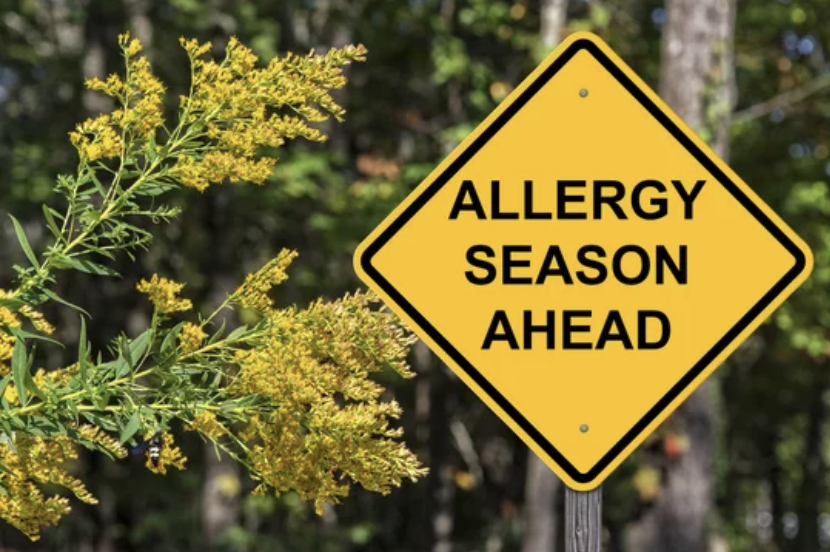CASSIE MARTINEZ, FNP-BC
Spring has sprung. And that means allergy season is gearing up in full effect. Spring allergies in our area typically begin in late February and can last until the beginning of summer.
81 million people were diagnosed with seasonal allergies in the U.S. in 2021, accounting for around 26% of adults and 19% of children, according to the Asthma and Allergy Foundation of America (AAFA).
Seasonal allergies (also called hay fever) are an allergic reaction to pollen from trees, weeds, and grass and typically occurs in the spring and fall when pollen is in the air. Neighbors mowing and tending to landscaping can also make allergies worse.
Over two-thirds of spring allergy sufferers experience seasonal allergy symptoms all year. The most common seasonal allergy symptoms include cough, congestion, runny nose, sneezing, itchy, watery eyes, scratchy throat, and post nasal drip. Occasionally untreated allergies can lead to a sinus infection. If your symptoms are lasting more than 14 days and you are experiencing pain and tenderness around the forehead, cheeks, nose or between the eyes, contact us for an assessment.
Wearing a mask while mowing, closing the windows of your home and also your car, and washing your hair and body after being outside can reduce your exposure to pollen and allergens.
People often don’t treat their seasonal allergies because they look at them as a minor problem, but all of us at Family Medicine of Albemarle are here to help you spend your spring with less sneezing. Many over the counter medications can reduce symptoms. Options include decongestant sprays, nasal corticosteroid sprays, and antihistamines. We are happy to discuss an allergy treatment regimen that is right for you. Put down your tissues and call us today!
